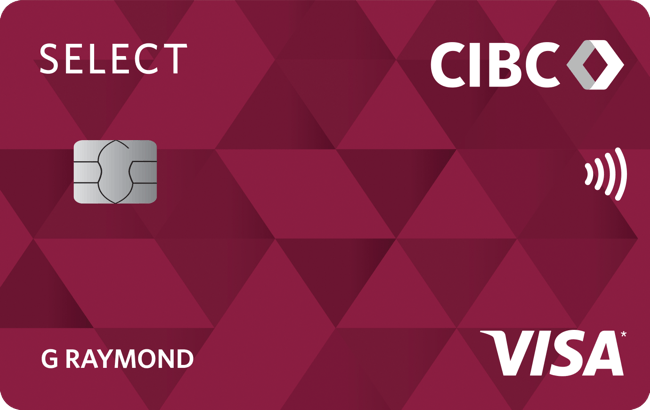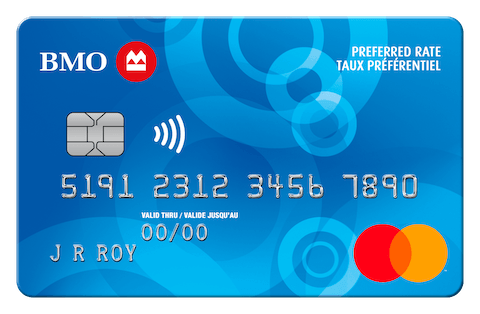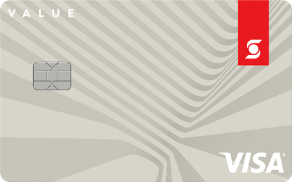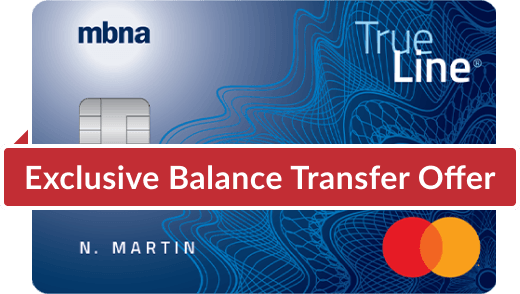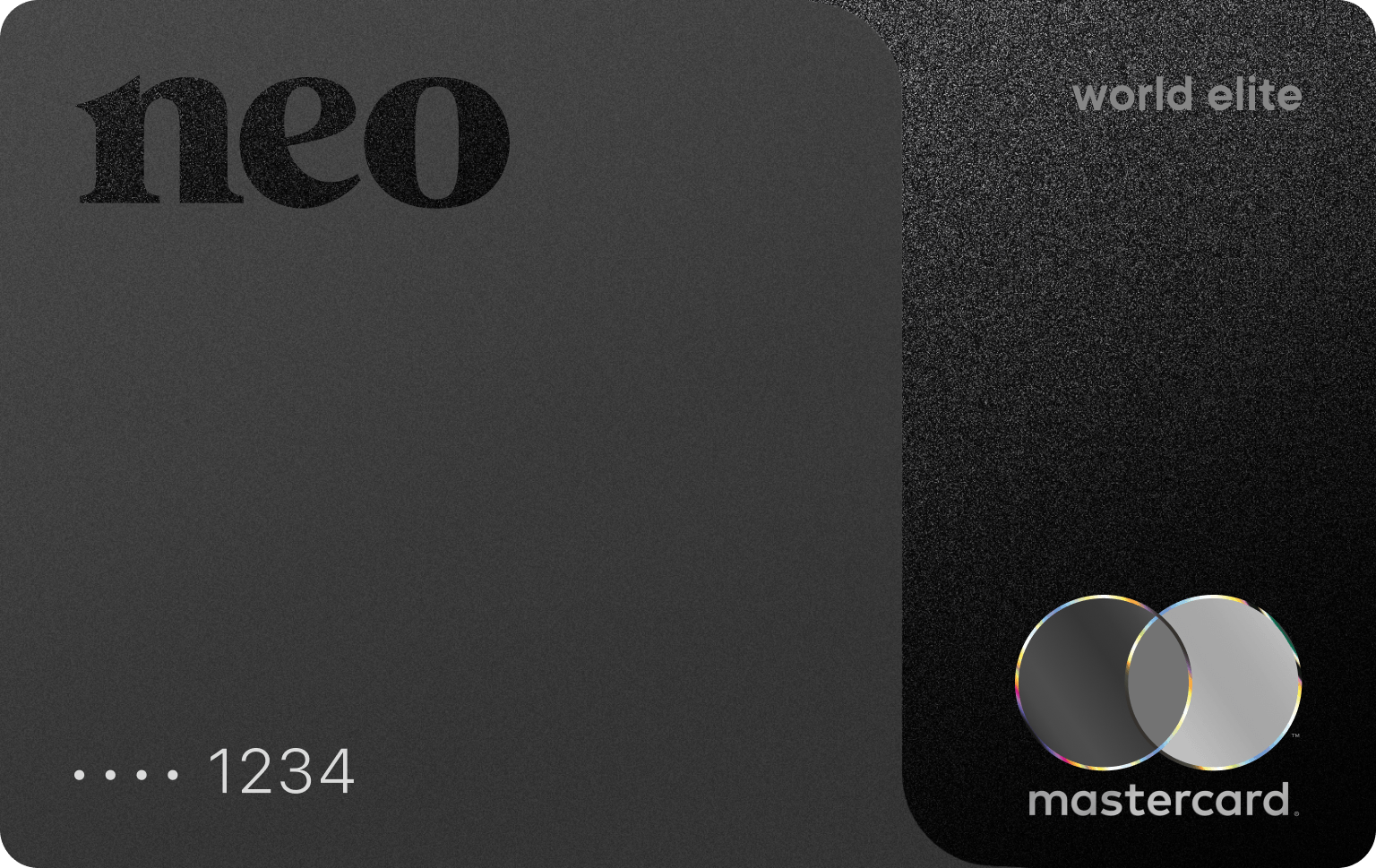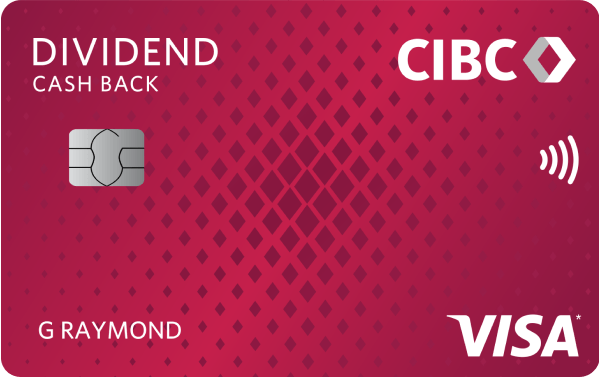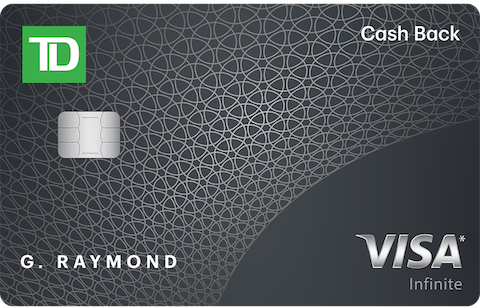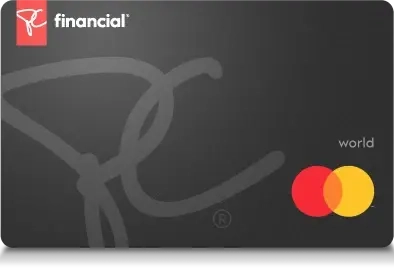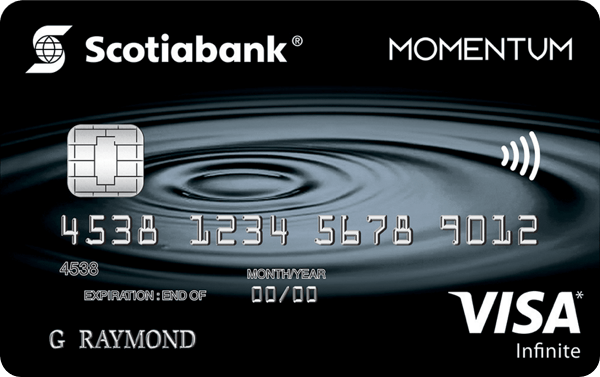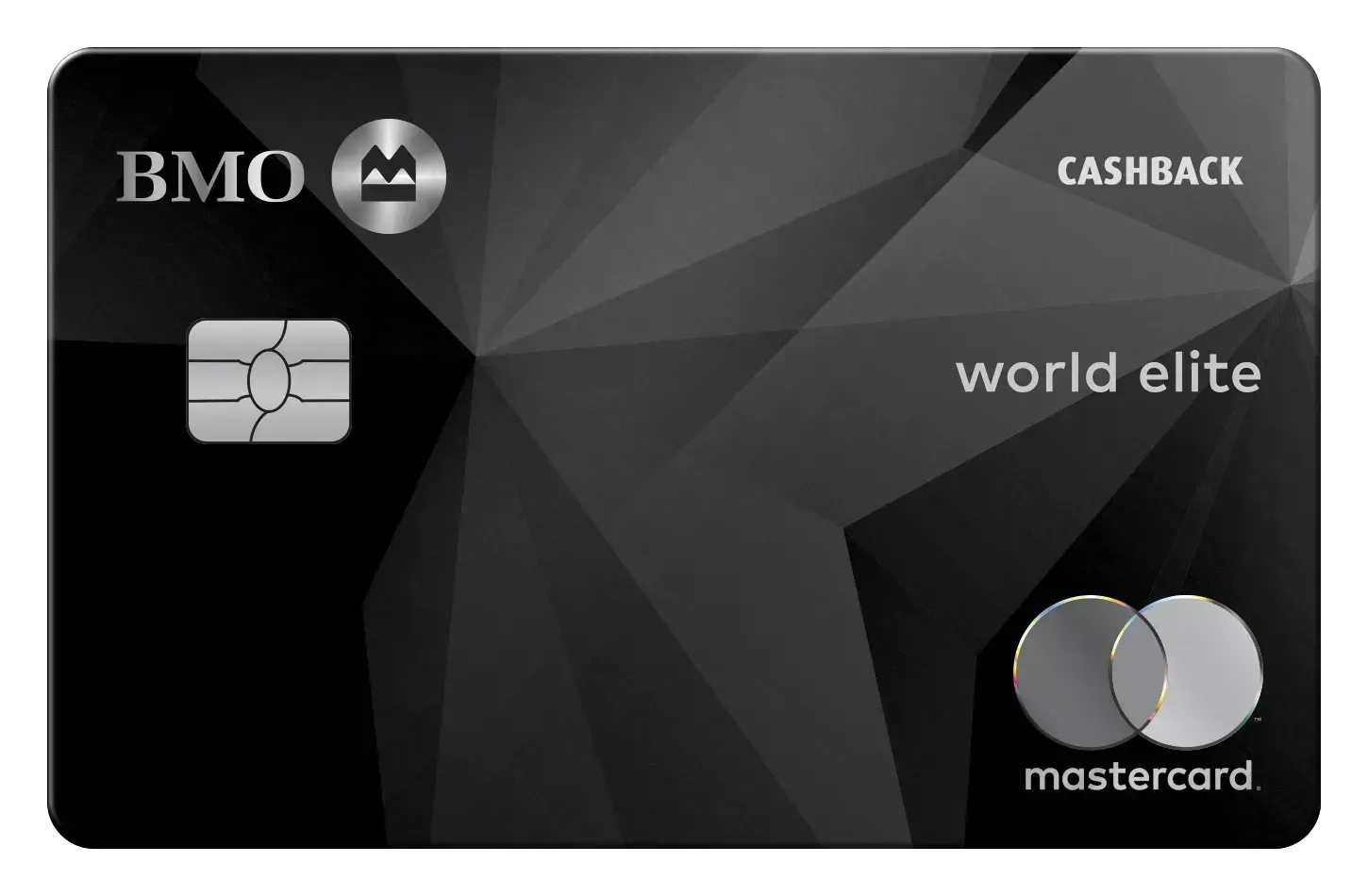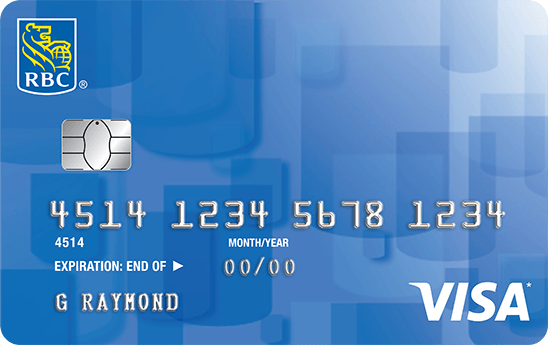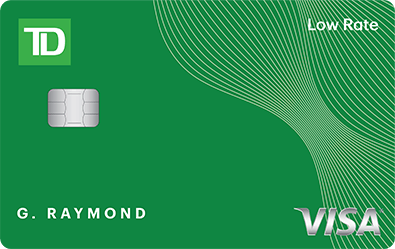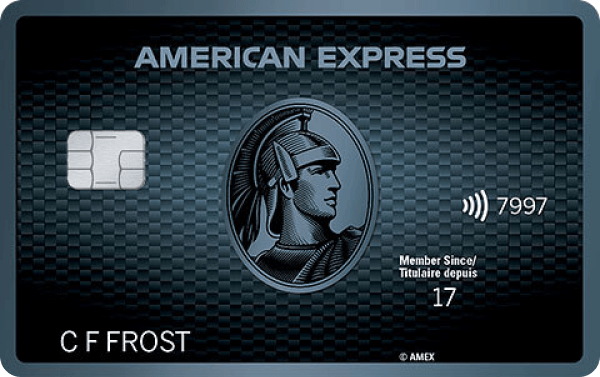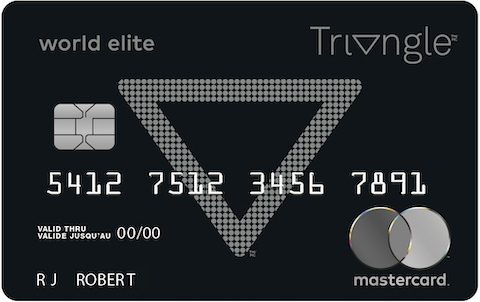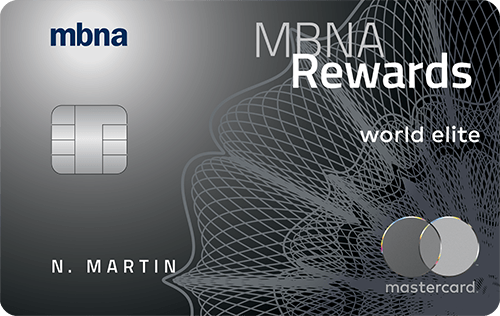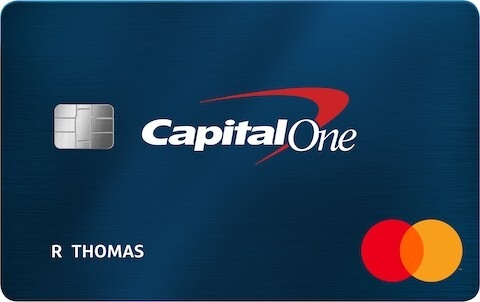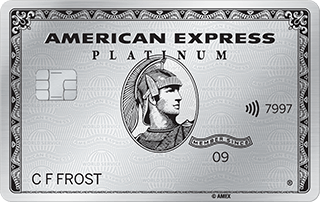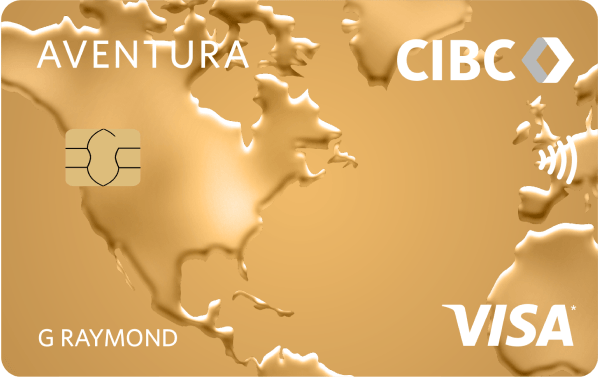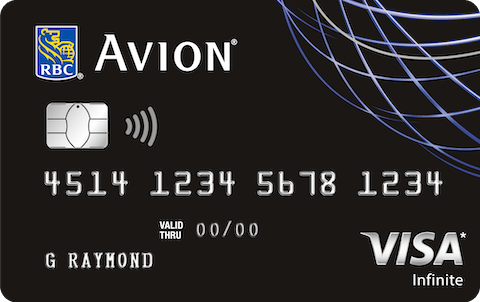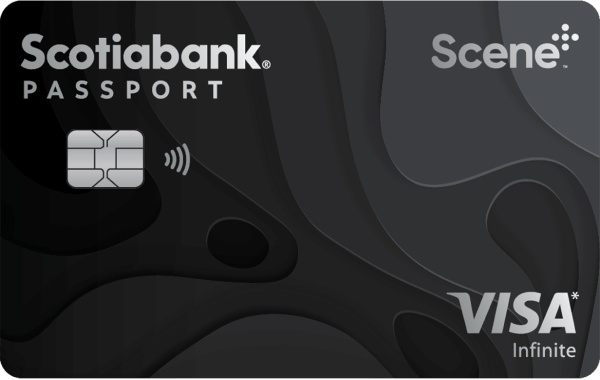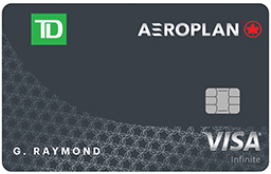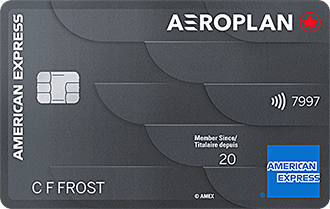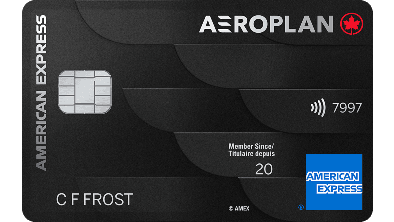Looking to save on interest? Our new guide reveals the best low interest credit cards for 2025 so you can keep more money in your pocket.
The Borrowell Team
May 26, 2025
Read More
Over 3 million Canadians use Borrowell for financial product recommendations. Sign up today to get exclusive Borrowell offers, see your likelihood of approval and find the best credit card for you.
Compare 60+ credit cards from major providers like Amex, BMO, CIBC, Scotiabank, TD and more.
See your approval chances for each card based on your credit score.
Sign up to access exclusive offers and Borrowell-only perks.
Discover the total value of rewards, bonuses and perks in your first year.
Sign up for Borrowell to get your free credit score and report — it won't hurt your credit score! Easily compare recommended credit cards based on your personal profile.
Get personalized credit card recommendations
Based on your credit score and credit report, Borrowell shows you the cards that best suit your goals.
See likelihood of approval before applying
Browse cards you’re pre-qualified and pre-approved for, and see your chances of approval before you apply to reduce the number of hard inquiries to your credit report.
Access exclusive Borrowell bonuses and offers
Get limited time offers like gift cards, lower rates and more rewards when you apply through Borrowell.
Looking to save on interest? Our new guide reveals the best low interest credit cards for 2025 so you can keep more money in your pocket.
The Borrowell Team
May 26, 2025
Read More
With a rewards credit card, you can earn rewards just for using your credit card and then redeem them for perks and benefits. Here’s our curated list of the best rewards credit cards in Canada for 2025.
Jessica Martel
May 08, 2025
Read More
We’ve rounded up the best balance transfer credit cards in Canada for 2026. From low fees to extended introductory offers, these options can help you reduce your monthly interest costs and get closer to financial freedom.
The Borrowell Team
Jan 08, 2026
Read More
We've curated a list of the best credit card sign up bonuses in Canada for 2025! Learn about the pros and cons of each and find your best card today.
The Borrowell Team
Apr 23, 2025
Read More
We’ve compiled a list of Canada's best travel credit cards to make your search easier.
Colin Graves
Jan 13, 2026
Read More
Looking for the best cash back credit card in Canada for 2025? Our guide ranks top options by bonus rates, fees and rewards. Get paid for your everyday spending!
Colin Graves
Jun 23, 2025
Read More
Sign up for Borrowell today and get personalized credit card recommendations from over 60 options, perfectly matched to your credit profile!
The best credit card in Canada will be different for each person, because it depends on your particular needs, goals and preferences. We help give some guidance on the best cards in various categories on our blog, including balance transfer, travel and sign up bonuses. To get personalized credit card recommendations based on your credit profile, see your likelihood of approval, and make side-by-side comparisons to see which one is best for you, sign up to become a Borrowell member. It’s free to sign up, and you’ll also have free access to your credit score and report with weekly updates.
While there is no definitive answer for how many credit cards you should have, adults should have at least one credit card. This is because credit cards, when managed responsibly, play a key role in helping you establish and build your credit score.
As long as you manage your credit cards responsibly and make your payments on time, there is nothing wrong with having multiple credit cards. When used strategically, having multiple credit cards can help you capitalize on rewards programs, improve your credit utilization ratio and boost your spending power for larger purchases. Additionally, having more than one credit card means you’ll have a backup in case your primary credit card is lost, stolen or otherwise compromised.
If you have multiple credit cards, make sure you are tracking your payment dates and making payments on-time. Further, if you apply for too many credit cards at once in a short period of time, each time you apply for a credit card, the lender will carry out a hard credit check. While one or two hard credit checks won’t have a significant impact on your credit score, once they start to add up, the negative effect on your score will increase. Try to leave at least 90 days between each credit card application to minimize the impact of hard credit inquiries on your credit score.
The best credit limit to have depends on your personal situation. The ideal total credit limit across all your credit cards is the one that allows you to comfortably manage regular, responsible spending while still allowing you to keep a low credit utilization ratio (i.e. below 30%). If you feel that you are able to handle an increased credit limit, you can reach out to your credit card issuer(s) to ask for an increase. You should only request a higher credit limit if you’ve established a proven track record of being a responsible cardholder who manages your credit well.
Visa and Mastercard are the most widely accepted credit cards in Canada. There are a vast range of different Visa and Mastercard options available to choose from. When you sign up with Borrowell, you’ll be able to compare over 60 credit cards from major banks and credit card issuers like American Express, BMO, CIBC and more. You can also filter for Visa and Mastercard or both.
If you have a low credit score (or no credit score, if you’re new to Canada or just turned 18), the best credit card to build credit is a secured credit card. A secured credit card is a card where your credit limit is based on a security deposit you make when the card is issued (hence the name). This makes it essentially risk-free for a credit card issuer to approve you, which allows them to approve people with low or no credit scores. If you manage your balance well and make your payments on time, this positive behaviour will be reported to the credit bureaus and your credit score will steadily increase over time. Once you’ve built your credit score to at least 660 (putting you in the “Good” range), you can request your credit card issuer to change your credit card from secured to unsecured. This is better than cancelling the card, because doing so will shorten your credit history.





